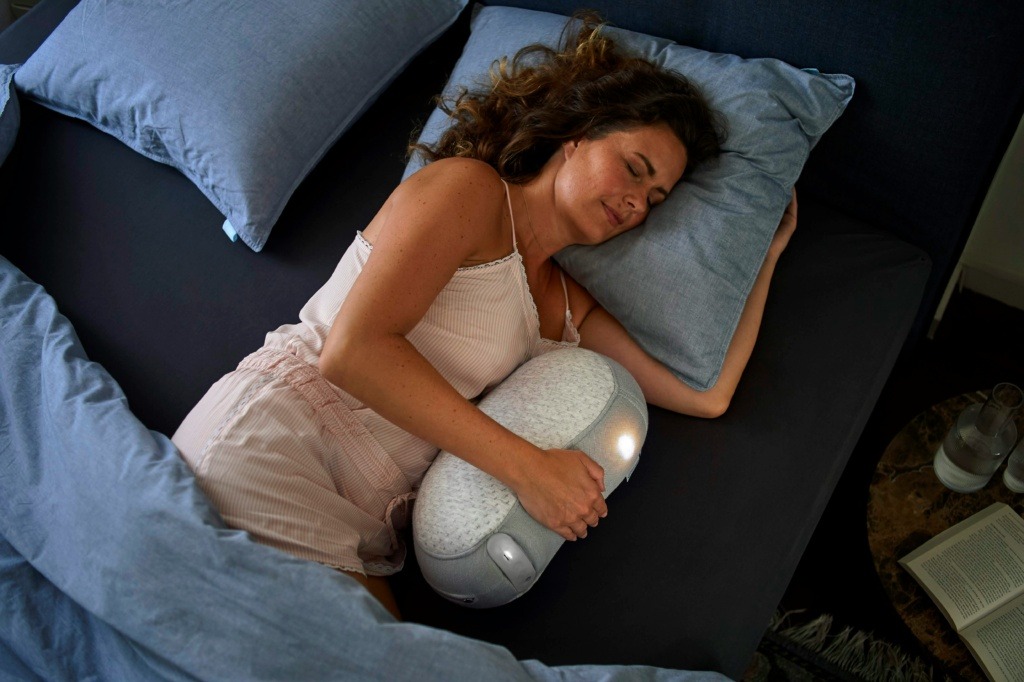In recent years, the rapid advancement of technology has permeated nearly every facet of our lives, and sleep is no exception. Sleep technology, which includes a range of devices and innovations designed to enhance the quality of our rest, has become increasingly sophisticated. These advancements are revolutionizing how we approach sleep, aiming to improve overall health and well-being. This blog explores the various ways in which sleep technology is transforming the way we rest and the potential benefits and challenges associated with these innovations.
Understanding Sleep Technology
Sleep technology encompasses a wide array of devices and systems designed to monitor, analyze, and improve sleep quality. These range from smart mattresses and sleep trackers to advanced sleep aids and environmental controls. The primary goal of these technologies is to provide users with a deeper understanding of their sleep patterns and to offer solutions for improving sleep quality.
The Rise of Sleep Trackers
One of the most prominent innovations in sleep technology is the development of sleep trackers. These devices, often worn on the wrist or placed under the mattress, monitor various physiological parameters such as heart rate, movement, and sleep stages. By collecting and analyzing this data, sleep trackers provide users with detailed insights into their sleep patterns. Many trackers also offer personalized recommendations based on this data, helping users make informed decisions about their sleep habits.
Smart Mattresses and Pillows
Smart mattresses and pillows represent a significant leap forward in sleep technology. These products are equipped with sensors and technology that adjust firmness, temperature, and support based on the user’s preferences and sleep patterns. For example, some smart mattresses can automatically adjust their firmness to provide optimal support throughout the night, while others feature cooling or heating elements to regulate temperature. Smart pillows may include features like built-in speakers for white noise or alarms that wake users at the optimal point in their sleep cycle.
Sleep-Enhancing Apps and Gadgets
In addition to physical devices, there is a growing market for sleep-enhancing apps and gadgets. These applications often work in conjunction with other sleep technologies to provide users with comprehensive sleep management solutions. Apps can track sleep patterns, offer relaxation techniques, and even simulate natural sleep environments. Gadgets like sleep masks with integrated speakers or gentle wake-up alarms are also becoming popular, helping users create a more conducive sleep environment.
The Role of AI and Machine Learning
Artificial intelligence (AI) and machine learning are playing an increasingly important role in sleep technology. These technologies analyze vast amounts of sleep data to identify patterns and make predictions about sleep quality. AI-powered sleep aids can offer personalized recommendations and interventions based on an individual’s specific sleep issues. Machine learning algorithms can continuously refine these recommendations as more data is collected, leading to increasingly accurate and effective sleep solutions.
The Benefits of Sleep Technology
The impact of sleep technology is multifaceted, offering several potential benefits. Improved sleep quality can lead to better overall health, increased energy levels, and enhanced cognitive function. By providing users with detailed insights into their sleep patterns, these technologies empower individuals to make more informed decisions about their sleep habits. For those with sleep disorders, advanced sleep technologies can offer targeted interventions and solutions that may not be available through traditional methods.
Challenges and Considerations
Despite the many advantages of sleep technology, there are also challenges and considerations to keep in mind. Privacy concerns are a significant issue, as these devices often collect sensitive personal data. Users must be aware of how their data is being used and stored. Additionally, while these technologies can provide valuable insights, they are not a substitute for professional medical advice. Individuals with serious sleep issues should consult with healthcare professionals rather than relying solely on technological solutions.
The Future of Sleep Technology
As technology continues to advance, the future of sleep technology holds exciting possibilities. We can expect further innovations in smart materials, more sophisticated data analysis, and even greater integration with other aspects of health management. The ongoing development of personalized sleep solutions and improvements in user interface design will likely enhance the effectiveness and accessibility of these technologies.
Final Words
The impact of sleep technology is profound, offering new ways to understand and improve our sleep. From sleep trackers and smart mattresses to advanced AI-driven solutions, these innovations are revolutionizing how we approach rest. While there are challenges and considerations to address, the benefits of these technologies are clear. As sleep technology continues to evolve, it promises to play an increasingly vital role in promoting better health and well-being.


